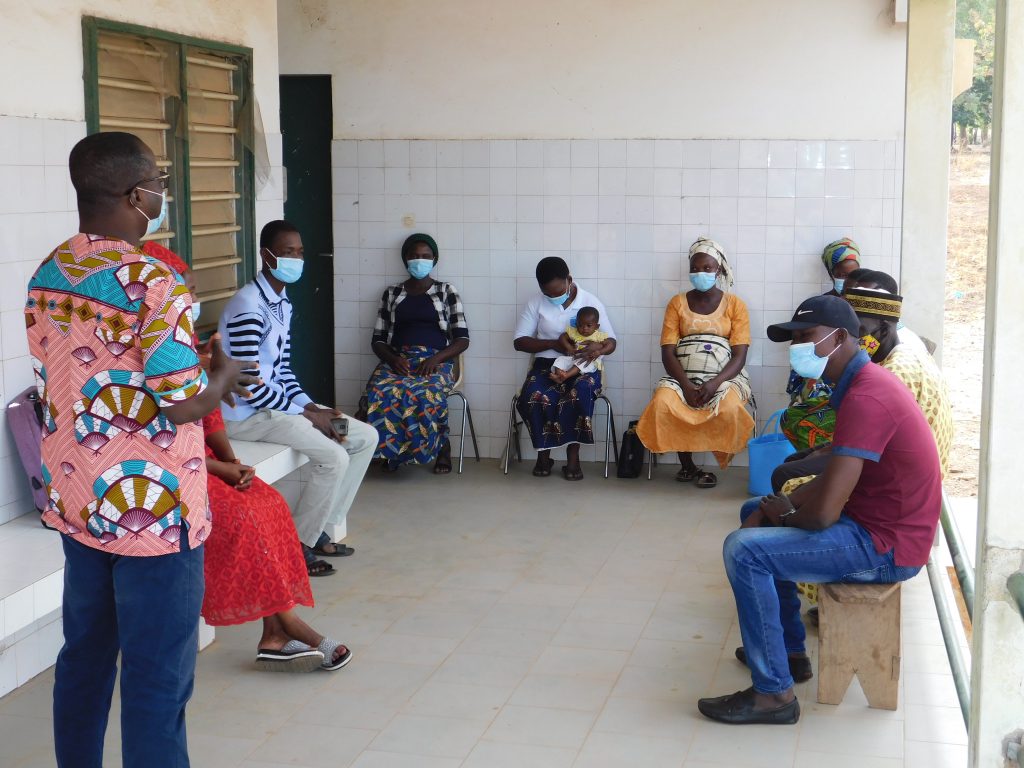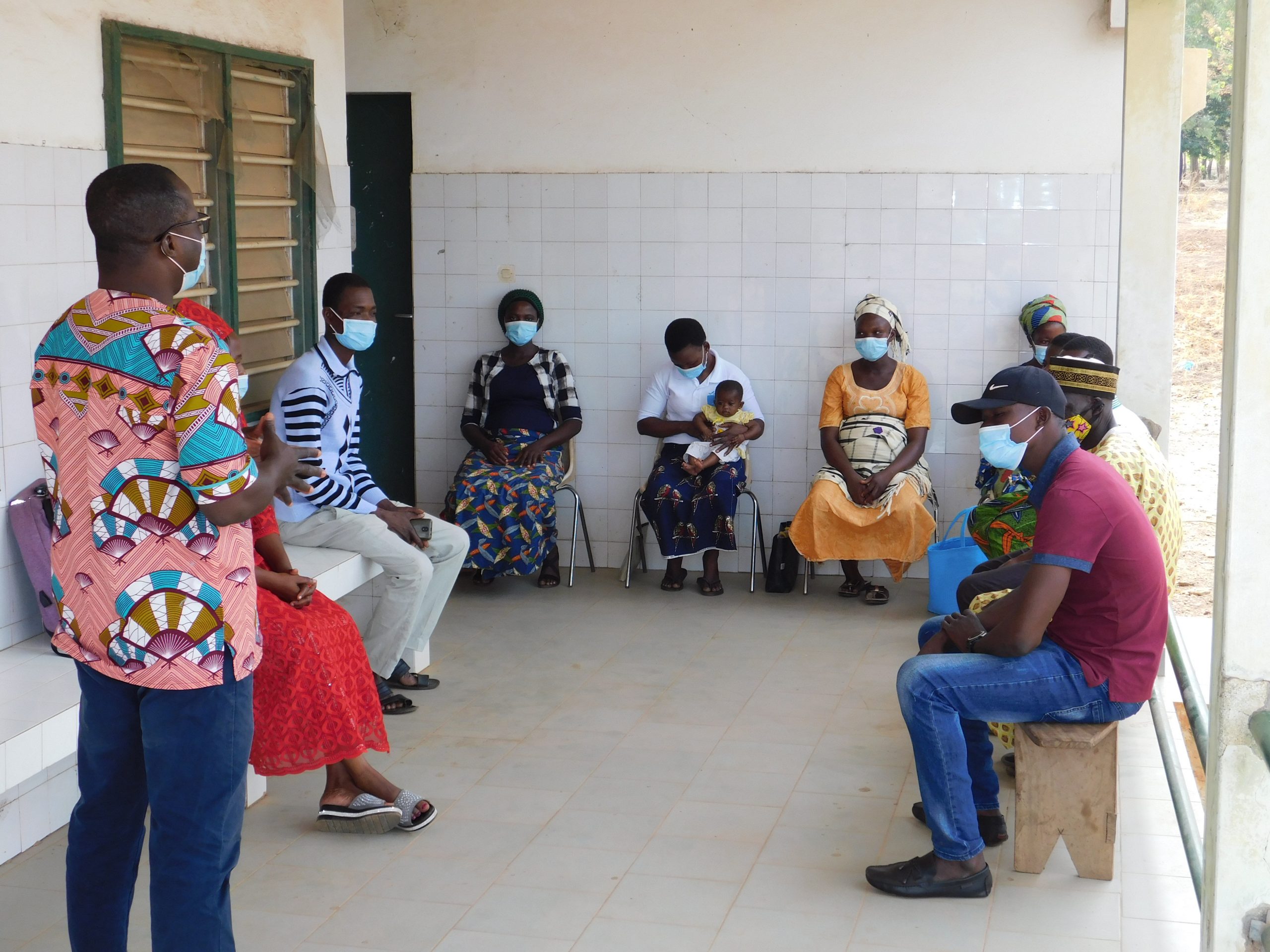“I want this program to start very soon in my village,” remarked Kodabalo Tonde, the village chief of Kachira, about the Integrated Primary Care Program that will launch this July. Kachira is one of the seven communities in the Binah district that has been preparing for the launch for over six months.

Since 2015, Integrate Health has partnered with the Togolese Ministry of Health to bridge the geographic and financial gap between health services and the most remote Togolese communities. The five-year scale-up, has successfully implemented the Integrated Primary Care Program in four of five selected districts: Kozah, Bassar, Dankpen, and Kéran. Now, as Integrate Health prepares for the launch into the final district of Binah, the team is working with public health authorities and community leaders to ensure that the process goes as smoothly as possible.
In the Binah district, many communities are in remote areas where access to basic healthcare is difficult for many reasons. Not only is the health center far from where patients live, but the roads leading to it are very bumpy and difficult to navigate by foot, bicycle, or motorcycle. Even when some patients manage to reach the health center, patients may find that they cannot access the services they need. Either the health centers lack the necessary tools to provide high-quality care, or the healthcare services are too expensive. To cope with these obstacles, patients often stay at home or delay seeking care, turn to a traditional healer who may not have all of the tools necessary to treat the problem, or spend their money on healthcare while sacrificing other essential needs such as food and education. Integrate Health believes that by prioritizing these communities in the launch of the Integrated Primary Care Program, we can begin to address these obstacles.
Before expanding to a new district, Integrate Health—in partnership with the communities and local health authorities—organizes community meetings to set the foundation for a collaborative process of implementation. Over the past two months, over fifty meetings have been held in the communities throughout the district of Binah. Key stakeholders, including clinic staff, traditional leaders, women’s groups, and the community itself, have attended the meetings held in partnership with local health authorities to help us understand local community needs, how these needs may resemble or differ from other communities where we work, and what can be addressed together to better meet the needs of this community. The community members are also actively engaged in the recruitment of their own healthcare providers including Community Health Workers, supervisors, and clinical mentors.

Kodabalo and other community leaders are pleased that the program is targeting women and children under five. “This will help us a lot to save the lives of our women and children,” he said. After Inetegrate Health shared data from the four other districts supported by Integrate Health, the community was excited about the possibility of saving more lives. After seeing those results, including 89% facility-based delivery coverage and 95% of childhood illness treated after just 72 hours of symptom onset, Kodabalo and the Binah community members are eager to see the program up and running.
As preparations for the launch progress, Integrated Health is confident that the relationships built with public health authorities, community leaders, and community members will allow for effective primary healthcare delivery in the district of Binah. We also know that healthcare services must remain accountable to patients and the communities served in perpetuity. And as Kodabalo clearly stated on behalf of his community, “…we will take good care of this initiative.”

